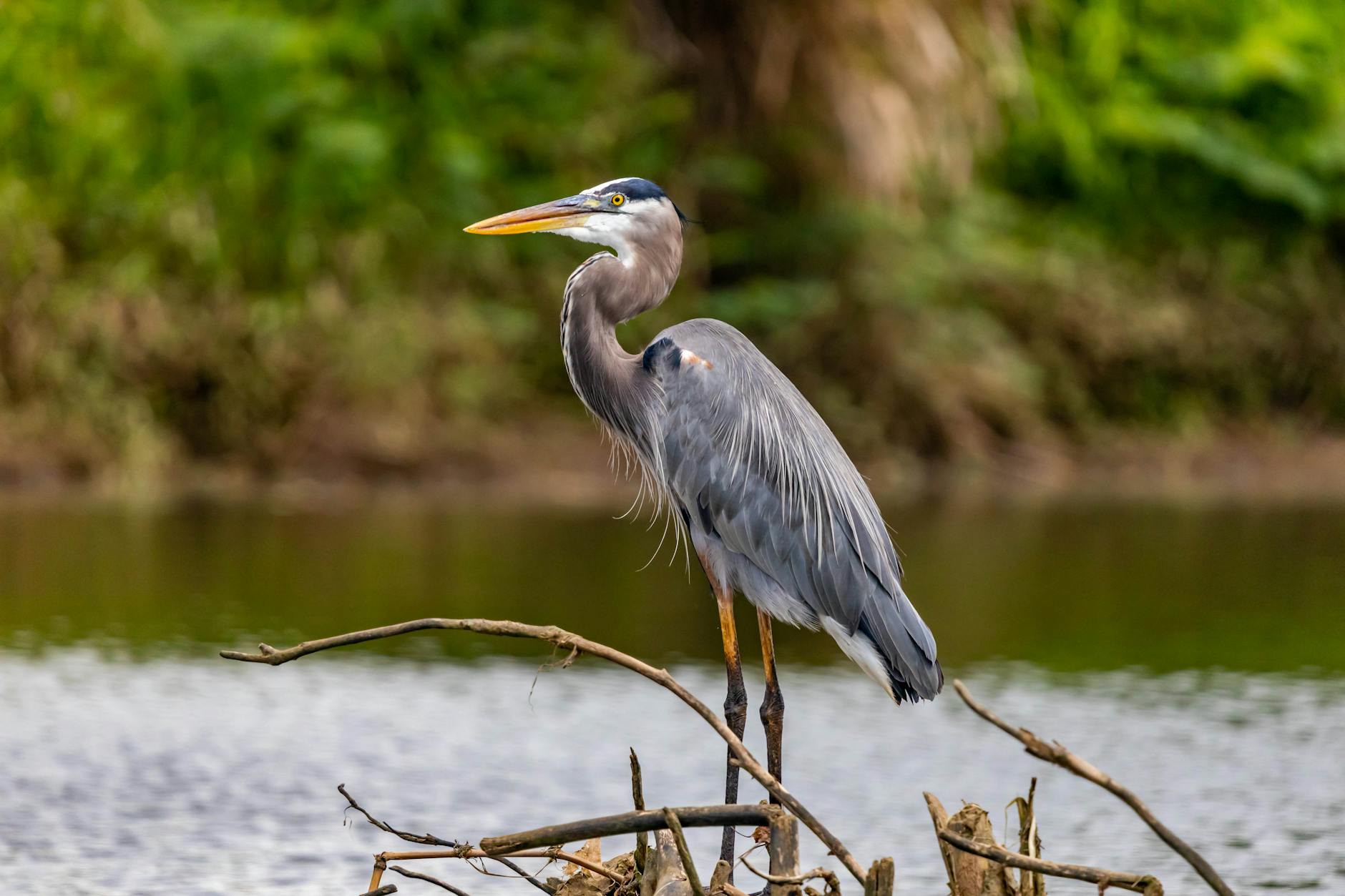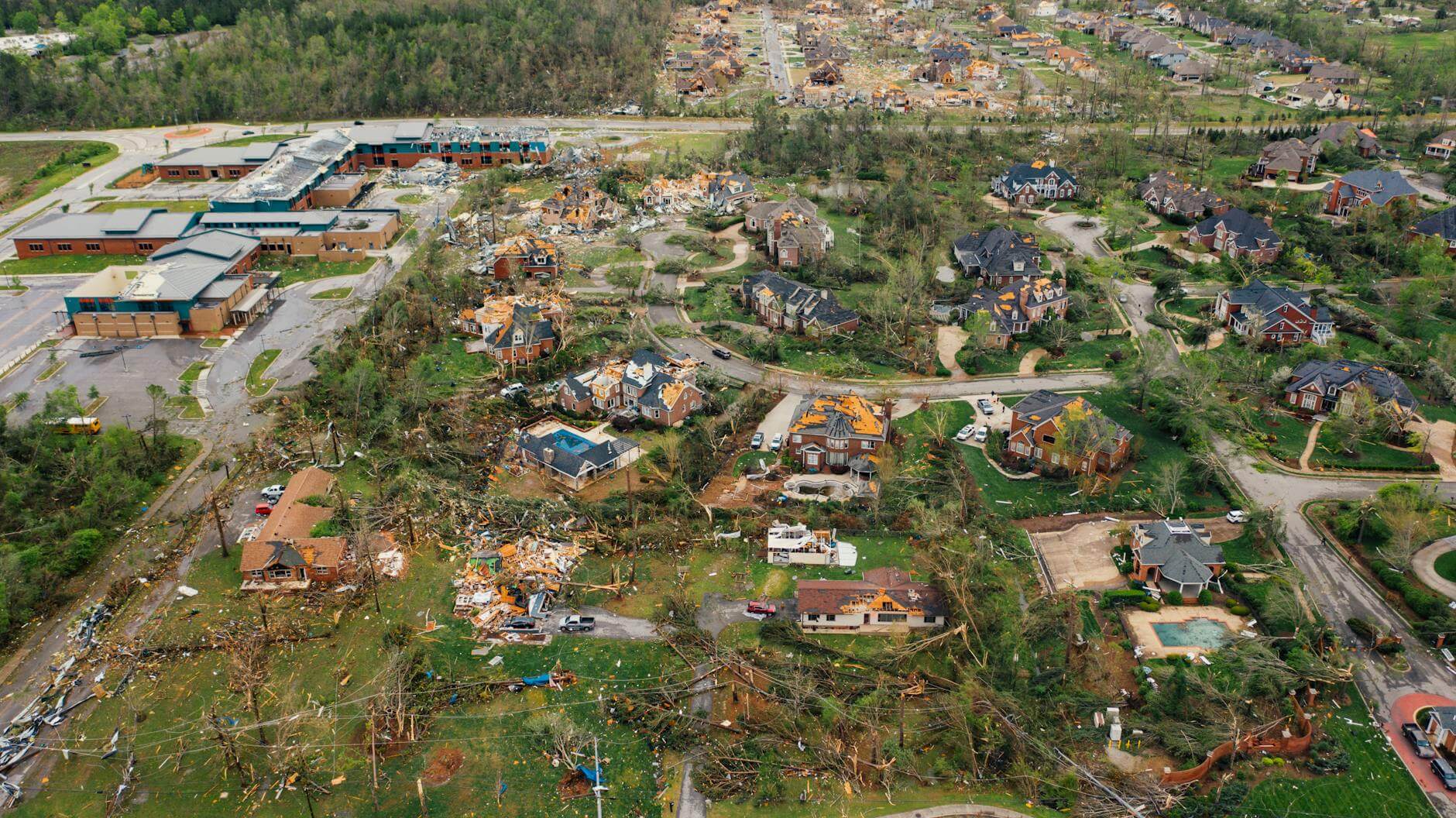Snowbirds
By Pete Prokesch
I stocked shelves at the Star Market next to Mt. Auburn Cemetery until I complained about my sciatica and became an associate cashier. That’s fancy talk for bag boy. Or girl. Or old woman, you could say. Apparently, felons can’t work the register. Company policy.
The city of Cambridge was replacing the lead pipes connecting the water mains to the buildings, so every day at noon, the workers stumbled in from the hot sun. You could smell them. Sweat and tar and cigarettes.
This stocky worker with an eye patch walked with a limp. Like a broken pirate. Pirate or not, I liked that he bought his scratch tickets from the vending machine and never from Ramon, the clerk. I never liked Ramon. I felt like he knew all the winners. And the lucky ones weren’t for me.
Anyway, my hard-hatted pirate would feed the machine sweaty bills and choose his array of lottos. He’d reach for a glowing button and then retract his finger and scratch his chin as if pondering a chess move. Then, he always plucked a Pepsi from the fridge and paid at my register. Well, not my register. I’m just a bag girl. But you know what I mean. If there was a line he’d flip through tabloids on the royal family and chuckle and place his soda on the moving belt.
“I got our Florida retirement right here,” he’d say as his Pepsi lurched forward. He’d raise his scratch tickets like a hand of cards. I’d hide my smile and place his soda in a plastic bag.
I liked to watch my pirate on my smoke breaks from the concrete steps where Homeless Mike sold flowers. One day, his yellow hard hat crowned above the plane of the road, and he raised a lead pipe above his head like the Stanley Cup. He laughed and lit a cigarette and descended down the hole and a plume of smoke gathered around his head like a halo.
“The birds are in town,” he said one fall day at the register with a slew of scratch tickets and a cold Pepsi.
“The what?” I said.
“The birds,” he said. “They’re on their way to Floria. It’s the perfect time.” He waved his hands towards the cemetery as if conducting an orchestra.
After my shift, he met me in the parking lot and handed me a bouquet of Homeless Mike’s flowers. Then we crossed the street to Mt. Auburn Cemetery. The gate’s iron rungs climbed high into the sky—ready to pierce the clouds.
I never saw so much life in a place for dead folk. Robins sang from the top of graves and grackles cackled overhead. The pollen tickled my nose, dry from the supermarket air. A tree rustled and my pirate scanned the branches with a pair of camo hunting binoculars.
We followed the path of rustling leaves until we were alone at a pond, covered by a curtain of trees—the air cool from the shade. He whispered to the birds and I hugged him from behind and kissed his tough, leathery neck—the taste of salt and the smell of gasoline. He laid his binoculars on the grass and carefully bent me over a gravestone and dropped his tar-stained trousers and eased himself into me from behind as a cruising otter made a dimple in the pond. He grunted and a warmth spread through my legs and the smell of tar mixed with the sweet pollen from the trees.
“There,” he said after he buckled his pants. “In the flowering dogwood.” His eyepatch had slipped from the sweat and revealed a mangled purple socket.
“The flowering what?” I said. I caught my breath and pulled my leggings up over my stomach rolls.
“That tiny thing on the third branch. It’s a hummingbird.”
I squinted at what looked like a giant insect and shivered.
“Gross,” I said.
But I stepped closer and the bug became a bird with yellow feathers and a long beak that drank nectar from flowers.
He handed me the binoculars and sat back against a tombstone and lit a cigarette and scratched his tickets with a dime. Through the lens, the tiny wings were a blur of light. Then he tore his ticket and sighed and I sat down next to him and rested my head on his shoulder. The autumn wind was cold as the sun shone through the trees and wildflowers cast shadows on graves.
About the Author
 Pete Prokesch is a writer from the Boston area. His fiction has appeared in Denver Quarterly, Four Way Review, and Evergreen Review, among others, and he has received support from Mass Cultural Council. He has worked as a carpenter, shellfish farmer, and on a backcountry trail-crew in the National Forest. You can read his stories at peteprokesch.com.
Pete Prokesch is a writer from the Boston area. His fiction has appeared in Denver Quarterly, Four Way Review, and Evergreen Review, among others, and he has received support from Mass Cultural Council. He has worked as a carpenter, shellfish farmer, and on a backcountry trail-crew in the National Forest. You can read his stories at peteprokesch.com.


